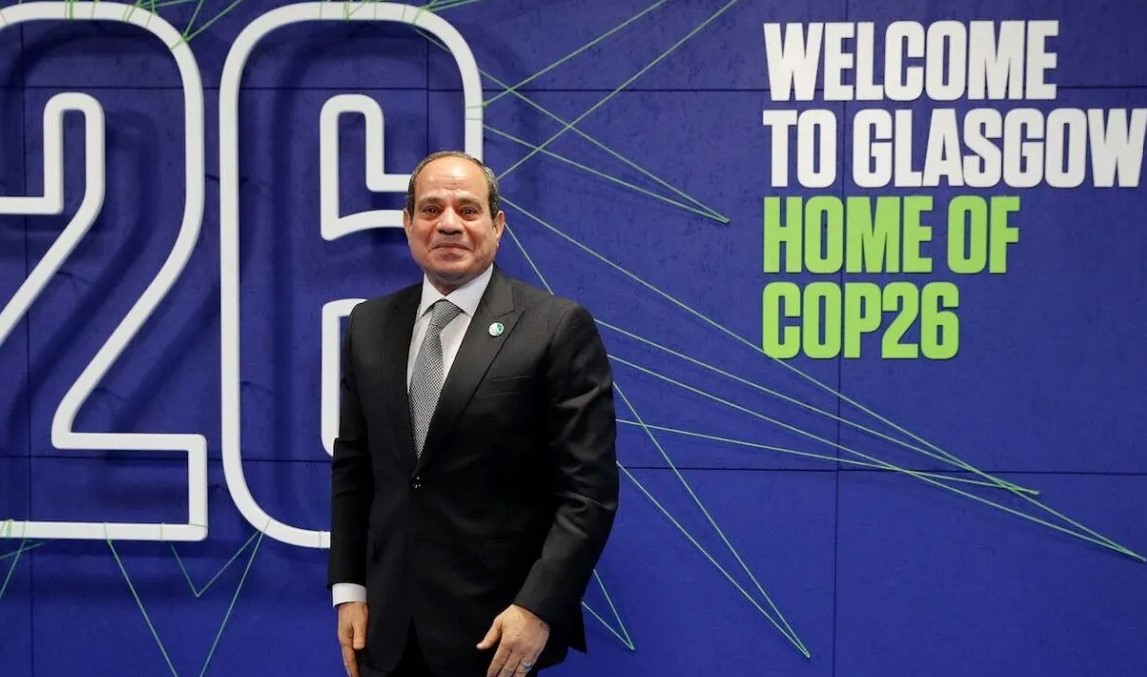Amid a media blackout, 16 military personnel, including four officers, were killed during December and January in the warfare in North Sinai between the Egyptian military and ISIS-affiliated Wilayet Sinai. Such news is absent in statements of the spokesman of the armed forces and in the official media. However, people know about it through the foreign media and a few independent local news outlets.
This is what happened when Associated Press reported security sources, who said that six military personnel were killed and 18 injured in various attacks in North Sinai by explosive devices. In addition, local news outlets reported on the military funeral of 16 personnel, who were said to have been killed “during military duty in North Sinai,” without explaining the circumstances of their death.
ISIS attempts to escape the siege
In the last quarter of 2020, the Egyptian army succeeded in sweeping Wilayet Sinai from several villages southwest of Bir al-Abd, which were under the control of the terrorist group. This was after the attack on the military camp 118 in Rabaa village in Bir al-Abd in July 2020, which caused large casualties to government forces. The armed forces responded to the attack by repeated strikes to what is supposed to be the strongholds of Wilayet Sinai. However, the organisation expanded its operations to areas near the Suez Canal, which represented a strategic threat to the important waterway.
Wilayet Sinai reappeared last December with several attacks on air defence brigades in northwest Sinai. This represented a new progression in the battle between the organisation and the army, as air defence corps had previously remained out of the organisation’s targets. Later, the Union of Sinai Tribes, an informal militia affiliated to the Egyptian army, announced on Facebook on 11 December, the killing of a major officer in the air defence named Mahmoud Reda without further explanation, before local new websites published pictures of his military funeral.
The expansion of Wilayet Sinai reached the al-Tina and Gelbanah areas. The first is affiliated to the Port Said Province and the second to Ismailia Province. In December, Aamaq (Depths), the organ of Wilayet Sinai, published a video of the execution of a resident of al-Tina Valley, called Gomaa Alsayed Rayyash, after he admitted to his relationship with the Egyptian security.
In spite of the expansion, the siege imposed by the army on the strongholds of Wilayet Sinai forced militants of the organisation to surrender with their families as a result of food shortage. On the 11 December, 11 militants of the organisation surrendered after the al-Malta village in Rafah was placed under siege. This was after an initiative presented by security bodies with mediation of the leaders of local tribes to release members who surrender after investigating them in security headquarters.
This involved the families of militants as three women and 11 children handed themselves over at a joint checkpoint of the union and the army in mid-December. They said that they were relatives of militants of Wilayet Sinai fortifying al-Mokat’a, and that they surrendered after permission from the leaders of the organisation because of the continuous complaints of hunger and thirst. One of the children was said to drink a full bottle of water alone when he arrived at the checkpoint.
Media blackout
In 2018, the Egyptian army announced a comprehensive operation to eradicate ISIS in Sinai. Since then, conflicting news continues have come out of Sinai amid a complete blackout imposed by the military regarding the situation in Sinai. The army considers reporting about Sinai a crime that deserves a military trial and years in prison as what happened with the well-known researcher and journalist Ismail Eskandarani who is serving a 10-year prison sentence.
Several reports, on top of them reports by Human Rights Watch, have talked about human rights violations by the army in Sinai. Moreover, the recurrent attacks of ISIS suggest the organisation has the upper hand. However, there is no chance that the situation will be discussed, even in parliament.





Recent Comments